Applying theory to Practice- Hayley Group Project developed with the support of Hayley Group- Member of Dexis Europe
Colleagues:
As part of their integrated marketing communications unit, the MSc Marketing and User Experience students have successfully completed their consultancy project with Hayley Andover, one of Hayley Group’s 50 branches located in south UK.
The project began with a brief from Hayley Andover based on which the students developed a marketing communications plan. Starting from the theories and concepts they learned during the lectures and seminars, and supported by the team from Hayley and myself, the students made steady progress in their learning journey.
A team from Hayley Group has very kindly supported our students during the ten weeks. They have patiently listened to them, gave them feedback and valuable comments and attended their presentations. Additionally, the Hayley team allowed a budget for the student to use for this project.
Two groups of students competed together under the umbrella of two fictitious marketing agencies: Cherry Brandy and Buzz, to provide two sound LinkedIn campaigns that were implemented by Hayley Andover. Also, the students had the opportunity to evaluate initial attainments of those campaigns using appropriate metrics.
For us as academics, it is gratifying to see our students’ confidence and motivation grow into a passion towards learning and avidity for achievements. Whilst this teaching method has paved the path for a more exciting learning journey and gave our students exposure to the real work environment, it has given more relevance to our role as academics facilitating learning.
I have always championed the real-life case study method because it is a unique teaching method for its potential to develop students’ engagement, motivation and learning. My students’ achievements during this term has strengthened my position and further support my views about this method as a process of learning co-creation involving multiple stakeholders for the benefit of the wider community. More interestingly, this year’s project revealed how students’ engagement with theory, concepts and the real-life case study, is influenced by students’ background, specifically, their previous professional experience.
You can see below testimonies from Hayley group as well as from students:
“Both groups provided credible real-world solutions that were relevant to the branch that had a particular set of challenges. The methodology underpinned by academic teachings was critical to providing a more relevant and advanced approach to our challenges. Without insider knowledge the teams created an approach that was highly credible and on point with our own trail of thought concerning marketing and corporate communications strategy utilising social media. Many of the points and areas raised we are currently reviewing with a scope to integrating within our own plans for 2021. Having undertaken an MA in Marketing myself I would endorse this hands-on approach to bring a purely theoretical and hypothetical approach into something that would add value to the student in future employment.”
Craig Bastable, Hayley Group Marketing Manager
“I was impressed with the work that was put in by both the Cherry Brandy and Buzz teams – they all committed to the strategy that was discussed, and many of the proposals I would hope could be used in future marketing campaigns at Hayley Andover. Personally I really enjoyed working with the groups -and I hope that the collaboration between Bournemouth University and Hayley can developed in to the future. I would like to again thank everyone involved for their hard work in making this a success.”
Dave John, Regional Sales Manager, Hayley Andover
“The Integrated Marketing Communication unit has provided me with an opportunity to learn and explore new concepts and ideas. It gave me a chance to design, implement and evaluate an integrated marketing communication plan while working with a real client. Despite the seminars being online, they were extremely engaging as we communicated and worked directly with the client company and class discussions were extremely active. I learnt how to work as a team and function as a marketing agency which provided great exposure and confidence along with the experience of how it is like to work with a real client as a professional.”
Taalia Nadeem, MSc Marketing and User Experience, Cherry Brandy
“Although organising a group project through zoom calls has shown to be very challenging, this project has taught me one very big underlining thing: Communication is key. I believe this project encouraged me to step up and have a leading voice within the group which is usually very unlike me and honestly caught me by surprise. But it’s just made me even more proud of the outcome of our presentation. Also, working with an actual company (Hayley Group Andover) has been a very insightful experience! In addition, Kaouther was very responsive and helpful throughout the entire project which, I believe I can speak for everyone in the class, we were very grateful for!”
Jenny Schulze, MSc Marketing and User Experience, Buzz
“The interaction we had with a real-life client for this project and relationship we built early on with them really helped us to have a successful project outcome. I feel our group thrived throughout the project, allowing us to demonstrate our abilities and build our knowledge up further by merging the practical side of the project with the theory from the unit.”
Emma Calder, MSc Marketing and User Experience, Cherry Brandy
I would like to express my deep gratitude to Craig Bastable (Hayley Group’s Marketing Manager), Josh Crampton (Marketing Communication Executive), Sam Godden (Office Manager) and Dave John (Regional Account Manager). Their input in this project has immensely contributed to the learning experience of our students.
Looking forward for more collaboration with Hayley Group.
Merry Christmas and Happy New Year to all.
Dr Kaouther Kooli
Principal Lecturer in Marketing
Bournemouth University, Business School


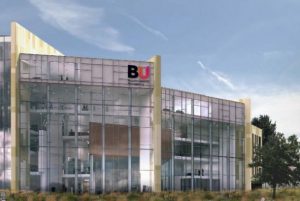
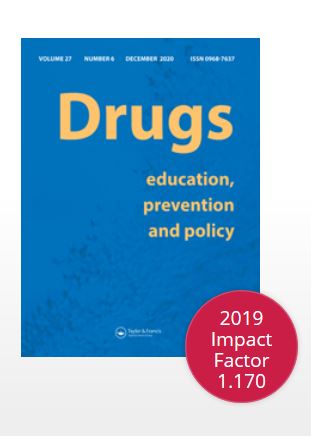

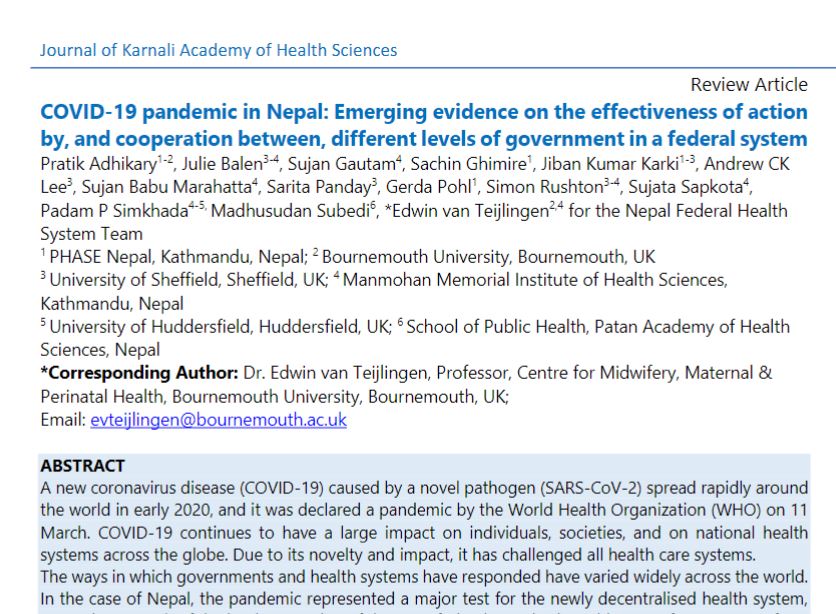
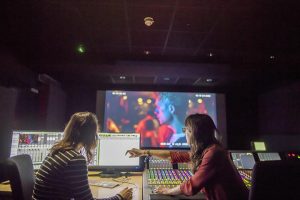 The role and social importance of TV and film during this pandemic has been much commented on. But how healthy is this industry? The good news is that this sector has been expanding at more than three times the rate of the wider economy, generating an annual trade surplus of almost £1 billion. The less good news is that this expansion has been at the expense of its most valuable resource – its skilled workforce. The preliminary report from our State of Play survey, undertaken shortly
The role and social importance of TV and film during this pandemic has been much commented on. But how healthy is this industry? The good news is that this sector has been expanding at more than three times the rate of the wider economy, generating an annual trade surplus of almost £1 billion. The less good news is that this expansion has been at the expense of its most valuable resource – its skilled workforce. The preliminary report from our State of Play survey, undertaken shortly 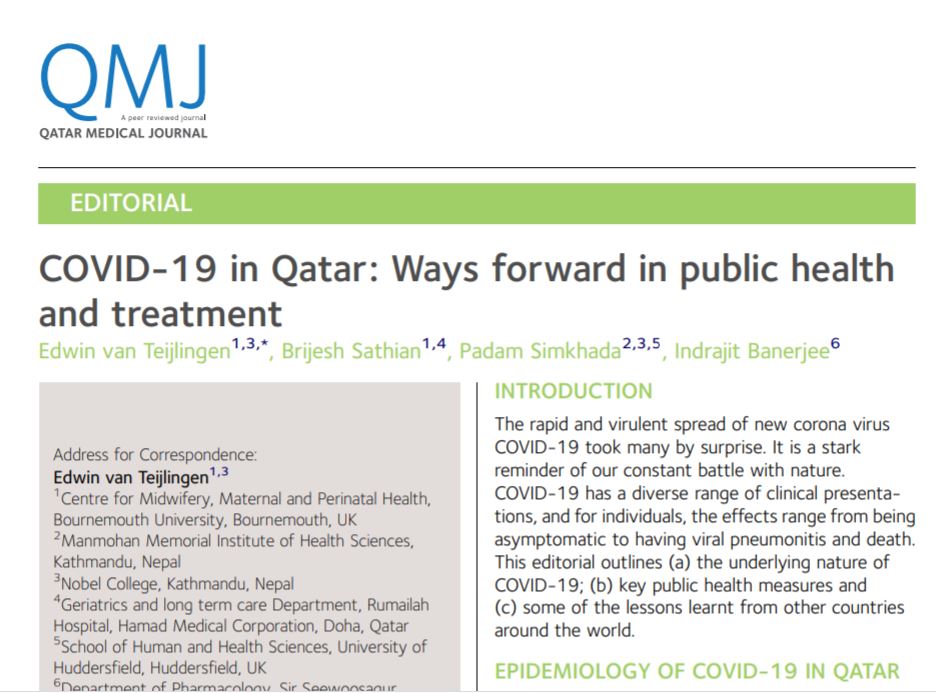
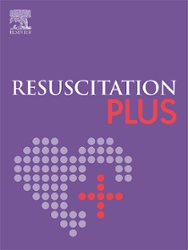
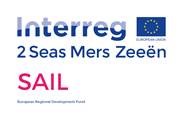 Staying Active and Independent for Longer (SAIL) is an EU funded project which began in 2017. The project aimed to use the concept of social innovation to develop 10 pilots across 4 countries (France, Belgium, The Netherlands and the UK) that would enable older people to be more active. The members of the research team from Bournemouth University (Prof. Ann Hemingway Prof. Adele ladkin and Dr. Holly Crossen-White) have just published a paper in Quality in Ageing and Older Adults on how social innovation can be applied to develop services that support the needs of older people. The paper entitled, The application of social innovation as it relates to older people and the implications for future policymaking: a scoping review presents research evidence into the use of soical innovation in relation to services for older people and identifies exisitng knowledge gaps. A key point to emerge from the scoping review was that although social innovation has the potential to act as a policy driver, to be effective, it is necessary to devise robust strategies to ensure full user-engagement and active involvement of communities. Furthermore, any future research into social innovation needs to focus upon the process of delivery as this is an aspect of social innovation that has to date received little attention.
Staying Active and Independent for Longer (SAIL) is an EU funded project which began in 2017. The project aimed to use the concept of social innovation to develop 10 pilots across 4 countries (France, Belgium, The Netherlands and the UK) that would enable older people to be more active. The members of the research team from Bournemouth University (Prof. Ann Hemingway Prof. Adele ladkin and Dr. Holly Crossen-White) have just published a paper in Quality in Ageing and Older Adults on how social innovation can be applied to develop services that support the needs of older people. The paper entitled, The application of social innovation as it relates to older people and the implications for future policymaking: a scoping review presents research evidence into the use of soical innovation in relation to services for older people and identifies exisitng knowledge gaps. A key point to emerge from the scoping review was that although social innovation has the potential to act as a policy driver, to be effective, it is necessary to devise robust strategies to ensure full user-engagement and active involvement of communities. Furthermore, any future research into social innovation needs to focus upon the process of delivery as this is an aspect of social innovation that has to date received little attention.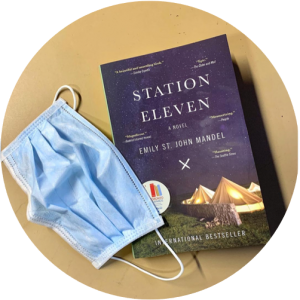 , bookstagramming and digital author Michael Joyce’s bedtime reading.
, bookstagramming and digital author Michael Joyce’s bedtime reading.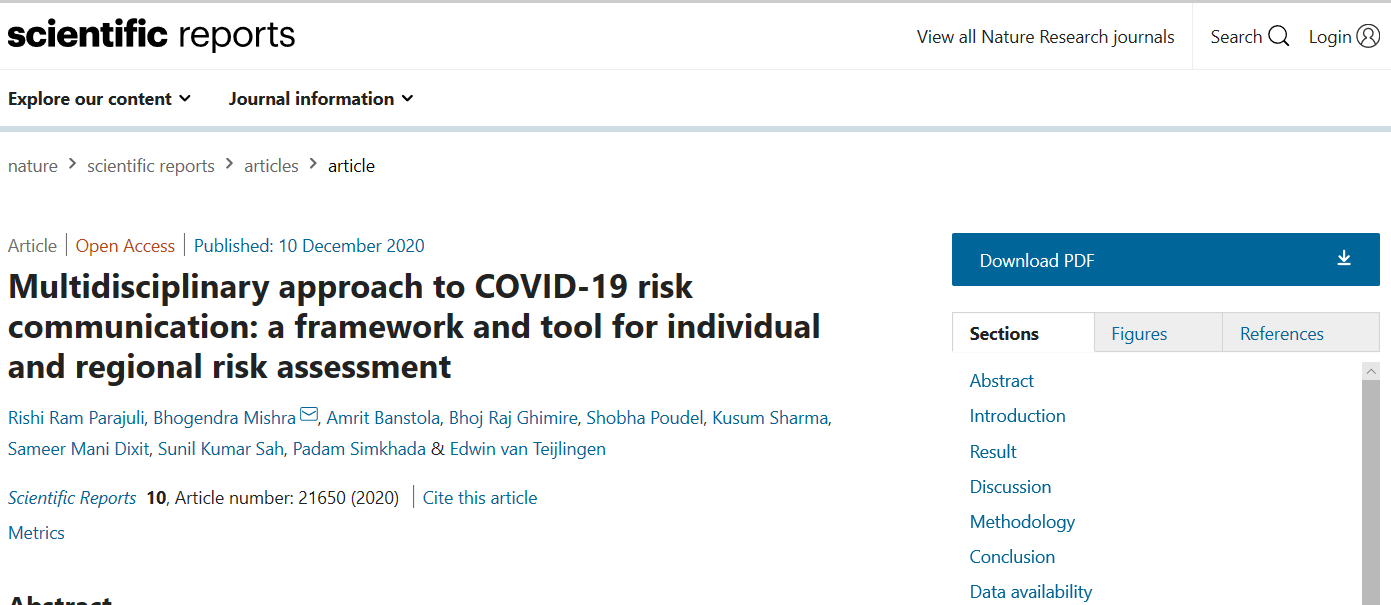
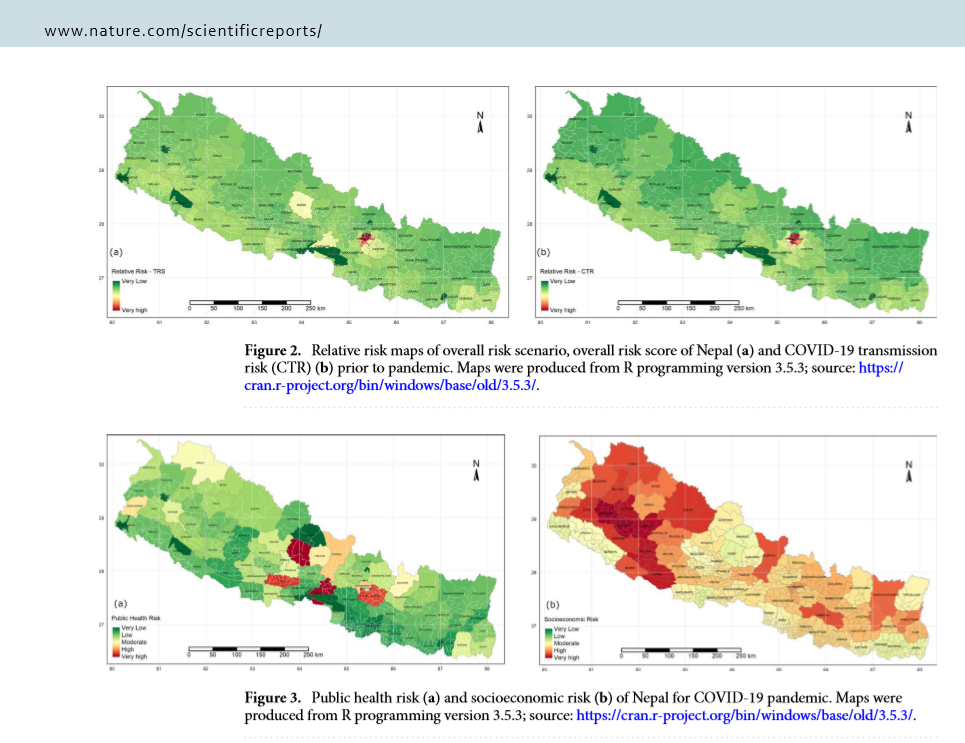
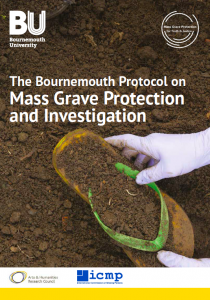
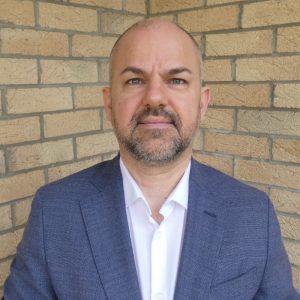
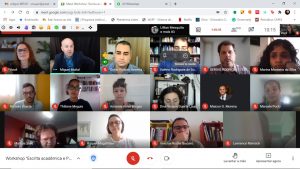
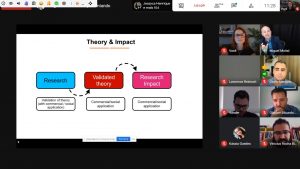
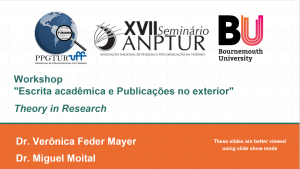
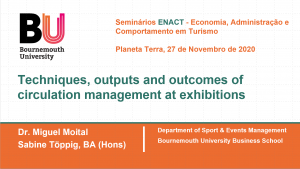
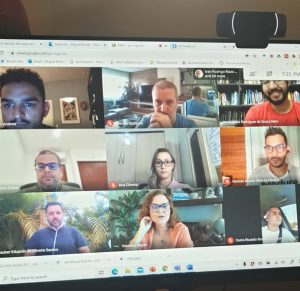
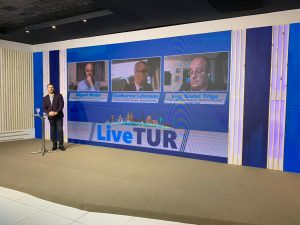











 FHSS academics teaching in Nepal
FHSS academics teaching in Nepal New weight change BU paper
New weight change BU paper One week to go! | The 16th Annual Postgraduate Research Conference
One week to go! | The 16th Annual Postgraduate Research Conference Geography and Environmental Studies academics – would you like to get more involved in preparing our next REF submission?
Geography and Environmental Studies academics – would you like to get more involved in preparing our next REF submission? Congratulations to three former BU staff
Congratulations to three former BU staff MSCA Staff Exchanges 2024 Call – internal deadline
MSCA Staff Exchanges 2024 Call – internal deadline Applications are now open for 2025 ESRC Postdoctoral Fellowships!
Applications are now open for 2025 ESRC Postdoctoral Fellowships! Horizon Europe – ERC CoG and MSCA SE webinars
Horizon Europe – ERC CoG and MSCA SE webinars MaGMap: Mass Grave Mapping
MaGMap: Mass Grave Mapping ERC grants – series of webinars
ERC grants – series of webinars